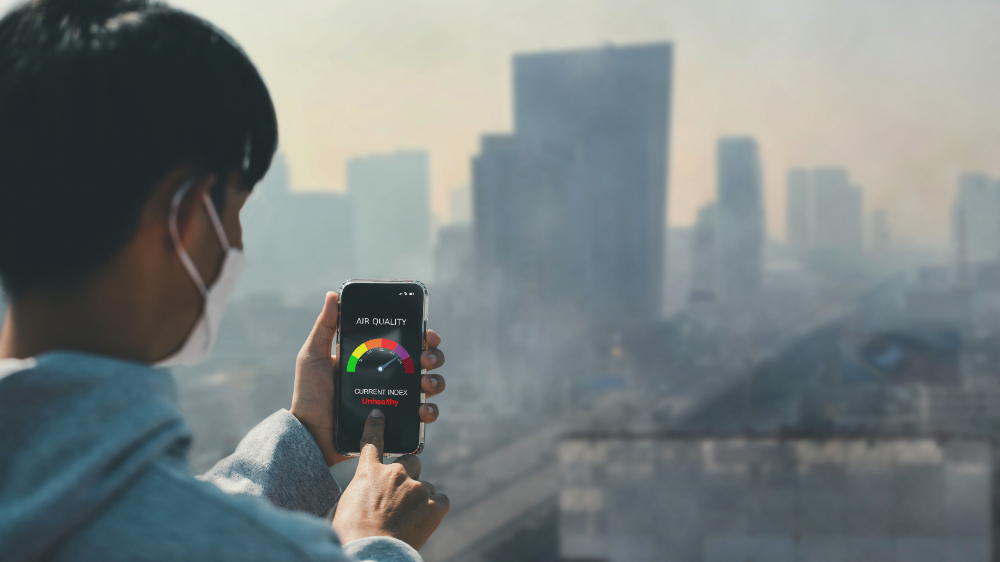- 4 Posts
- 7 Comments

 14·3 months ago
14·3 months agoAn Indian entrepreneur is using sugar, cellulose, and corn fibers to make a plastic-like carrier bag for small Indian businesses.
His company Bio Reform has already replaced 6 million plastic bags in the checkout counters of stores all over India.
Based in Hyderabad, Mohammed Azhar Mohiuddin first got the idea during the general mayhem that arose during the pandemic. Mohiuddin was looking at global environmental issues with the hope of finding one his entrepreneurial spirit had the capacity to tackle.

 12·4 months ago
12·4 months agoThe 2025 and 2040 colors are definitely identifiable as separate colors…

 41·4 months ago
41·4 months agoCheck out !15minutecity@slrpnk.net if you are passionate about this!
I cannot find the reference now, but I remember reading about favelas and how they are designed with courtyards so that there can be a shared responsibility of childcare.
The other thing that jumps to mind is dorms for students in the US which have a very similar coliving feel. I believe the Dutch and some Nordic countries were also collocating the elderly into similar areas to create a mixed generation encampment.

 61·4 months ago
61·4 months agoThere is a fascinating book called The Day the World Stops Shopping: How Ending Consumerism Saves the Environment and Ourselves by J.B. MacKinnon
I suggest you check out from your local library. Here’s the synopsis:
Consuming less is our best strategy for saving the planet—but can we do it? In this thoughtful and surprisingly optimistic book, journalist J. B. MacKinnon investigates how we may achieve a world without shopping.
We can’t stop shopping. And yet we must. This is the consumer dilemma.
The economy says we must always consume even the slightest drop in spending leads to widespread unemployment, bankruptcy, and home foreclosure.
The planet says we consume too much: in America, we burn the earth’s resources at a rate five times faster than it can regenerate. And despite efforts to “green” our consumption—by recycling, increasing energy efficiency, or using solar power—we have yet to see a decline in global carbon emissions.
Addressing this paradox head-on, acclaimed journalist J. B. MacKinnon asks, What would really happen if we simply stopped shopping? Is there a way to reduce our consumption to earth-saving levels without triggering economic collapse? At first this question took him around the world, seeking answers from America’s big-box stores to the hunter-gatherer cultures of Namibia to communities in Ecuador that consume at an exactly sustainable rate. Then the thought experiment came shockingly the coronavirus brought shopping to a halt, and MacKinnon’s ideas were tested in real time.
Drawing from experts in fields ranging from climate change to economics, MacKinnon investigates how living with less would change our planet, our society, and ourselves. Along the way, he reveals just how much we stand to An investment in our physical and emotional wellness. The pleasure of caring for our possessions. Closer relationships with our natural world and one another. Imaginative and inspiring, The Day the World Stops Shopping will embolden you to envision another way.
The Player of Games is reportedly the best place to start but I personally started with Consider Phlebas and can’t complain!





There is also this group and their slack group https://climateaction.tech/